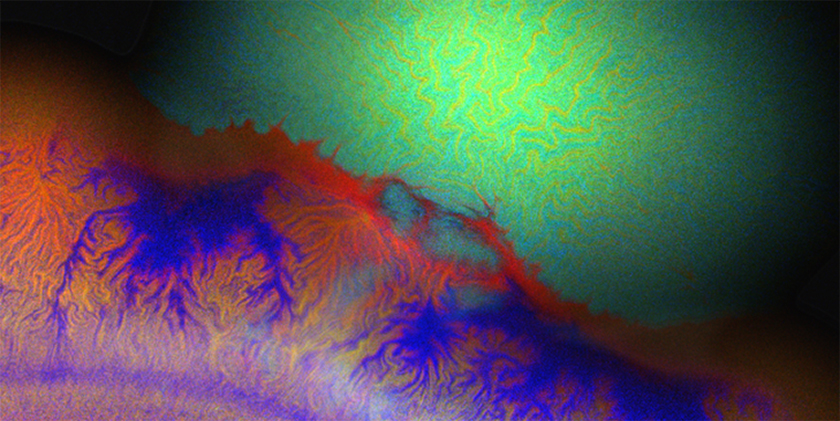Department Environmental Microbiology
Antibiotic resistance during range expansion
The plasmid-mediated spread of antibiotic resistance (AR) within and between microbial communities is one of the most pressing problems facing our society, yet the causes and potential mitigation measures remain unclear. A key feature of these communities is that they are typically associated with surfaces (e.g., hosts, soils, etc). As these communities grow, they will expand across space in a process we refer to as range expansion. We want to know how this process affects the horizontal transfer of plasmid-encoded antibiotic resistance through the community. We also want to know how this process affects the ability of cells to proliferate after acquiring an antibiotic resistance-encoding plasmid.
To address these questions, we are using synthetic ecology approaches. We assemble synthetic communities consisting of a plasmid donor and a potential recipient strain. We then allow the communities to grow and expand across space and track the transfer and proliferation of the plasmid. We further complement our experiments with individual-based computational modelling. While our current focus is on plasmids carrying antibiotic resistance, the general principles we seek to elucidate could be relevant for any plasmid, including those important for pathogenicity, human health and disease, and biotechnology.
Funding
Swiss National Science Foundation


